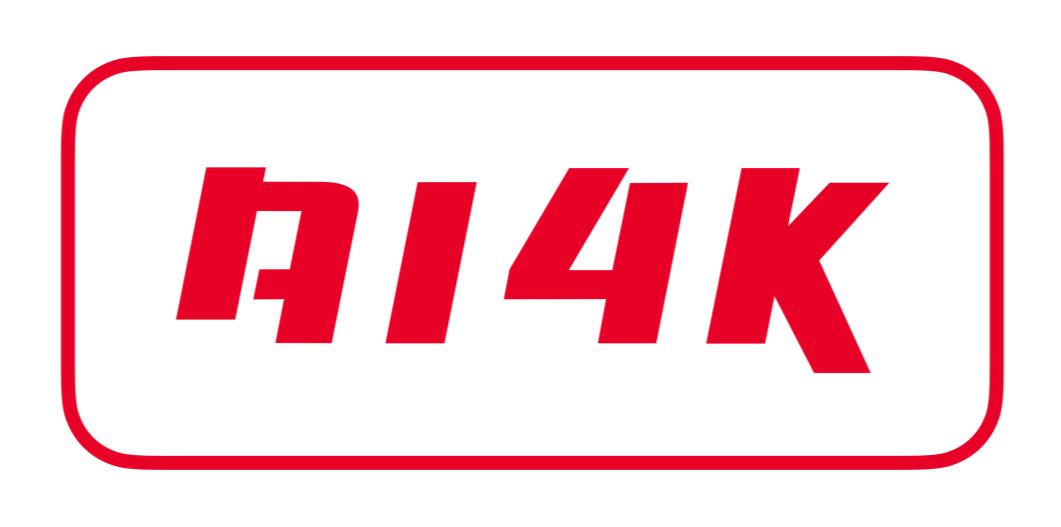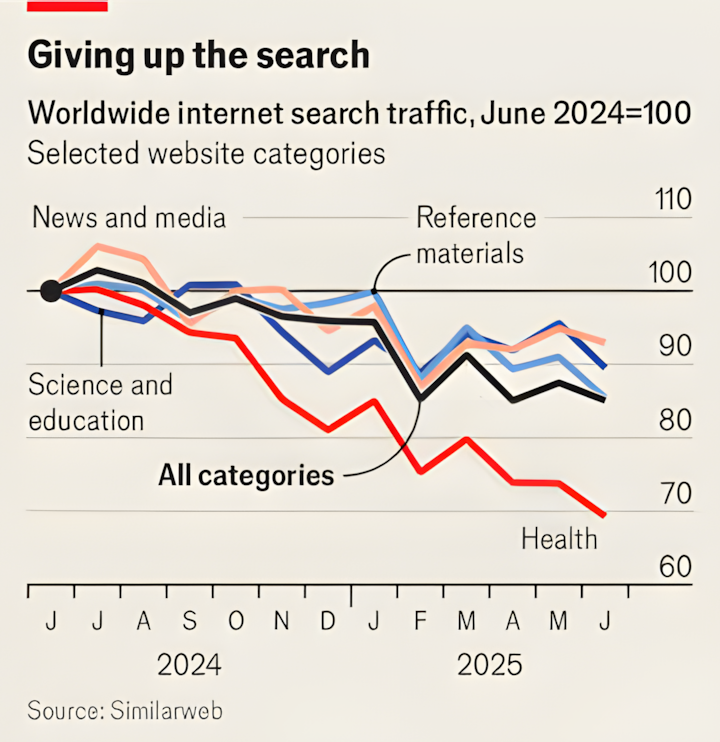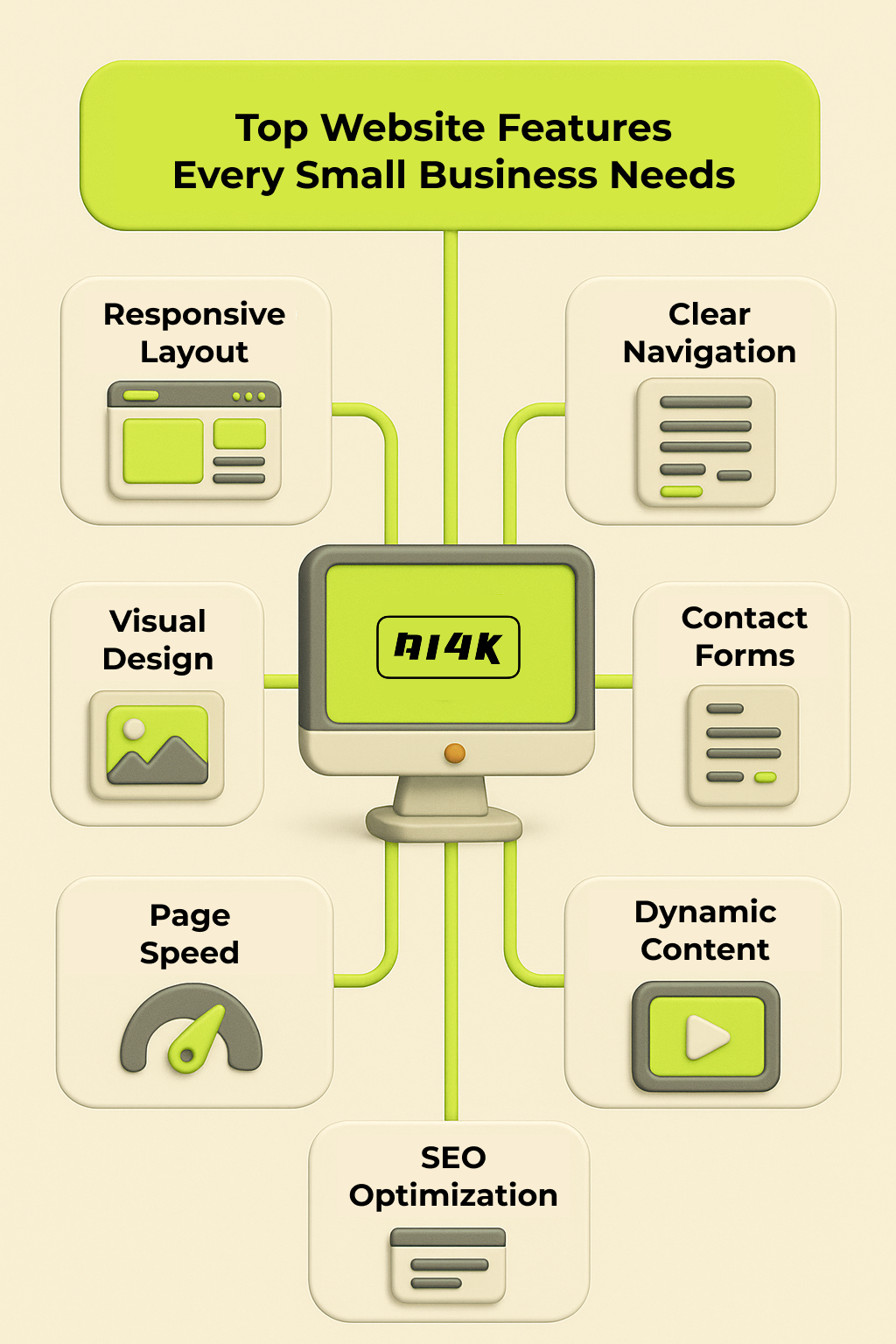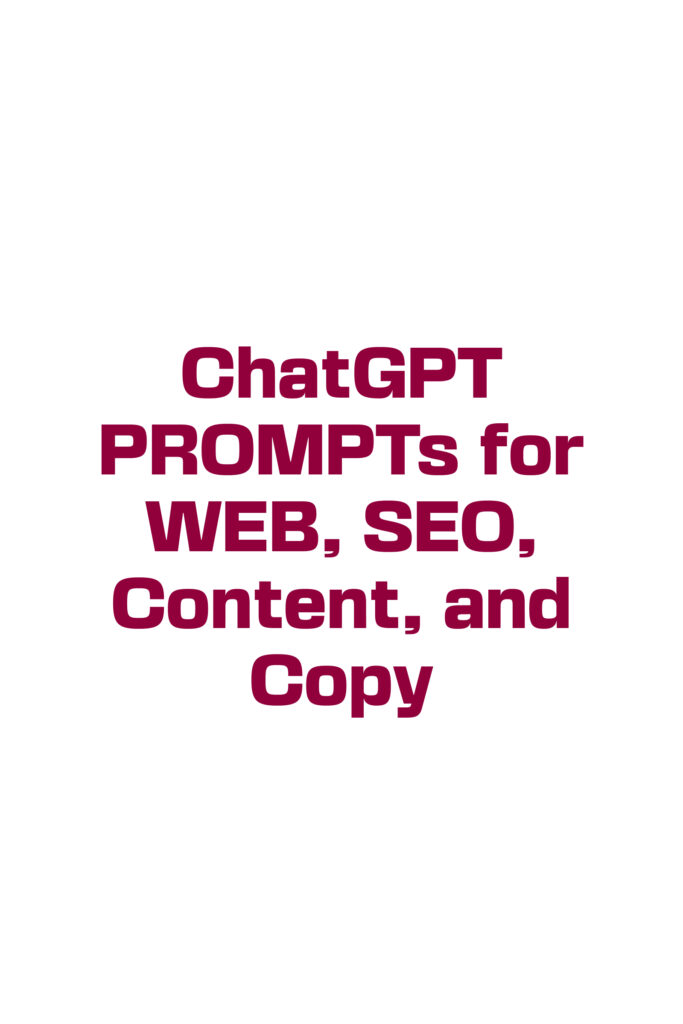Audit and Fix Your Website
- Run a full site audit: Use tools like UberSuggest to fix broken links, slow load times, thin content, and duplicate metadata.
- Clean your website structure: Avoid competing articles on the same topic. Group related posts under main categories and use internal linking for clarity.
- Update declining content: Use Google Search Console to spot outdated posts and refresh them with better formatting, updated data, and missing points.
Use SEO Tools to Monitor and Improve
- Track your competitors: Tools like UberSuggest or Ahrefs let you see what keywords and backlinks your competitors rank for.
- Build backlinks where your competitors already win: Reach out to sites that link to three or more of your competitors—they’re more likely to link to you if you offer better content.
- Focus on low competition, high-intent keywords: Look for long-tail phrases with low SEO difficulty and high CPC. These drive traffic that’s more likely to convert.
Write Content That Solves Real Problems
- Don’t rely on AI to write your core content: Google still favors real experience and authority. Use your voice and knowledge where it counts.
- Use AI as support: AI works well for generating ideas, rephrasing for tone, and creating multi-language versions of existing content.
- Focus on search intent: Think about what your user actually wants, their level of expertise, and the best format to deliver that answer.
Build a Brand People Search For
- Encourage branded searches: People Googling your brand name is a positive SEO signal. Use social, email, and messaging to get in front of your audience more often.
- Be present across platforms: People search on YouTube, Pinterest, Reddit, and even in ChatGPT. Optimize your content for multiple channels, not just Google.
Embrace the Modern SEO Mindset
- Stick to the fundamentals: Clean structure, useful content, good internal linking, and backlinks are still your foundation.
- Test new formats: Try short videos, guides, podcasts, and even web tools. See how your audience responds.
- Learn by experimenting: SEO is no longer one-size-fits-all. Test different keyword styles, new platforms, and unique content formats.
Optimize for Google’s AI Overviews
- Expect lower click-through rates: Google’s AI summaries often answer user queries without a click. Your impression count may go up, but clicks will go down.
- Focus on high-intent content: Target keywords that bring users closer to conversions—booking a call, making a purchase, or subscribing to your newsletter.
Use AI Agents to Automate Repetitive SEO Tasks
- Delegate tasks like audits and internal linking: Tools like Manis.ai and Genspark can act as SEO assistants, running routine checks, updating old content, and organizing your link structure.
- Create your own SEO agent: Use a custom GPT or agent trained with your brand guidelines, processes, and goals to handle repetitive SEO work faster.
Generate High-Quality Content Briefs with AI
- Use AI to create briefs, not articles: Get AI to generate SEO-driven outlines including headings, keywords, word count targets, tone, and internal links.
- Keep quality control human: AI can’t replace your expertise, but it can help organize your ideas and speed up content creation workflows.
Plan Your Topical Clusters with AI
- Organize by topic: Use AI to group your content into clusters (e.g., SEO → Local SEO → On-page tips → Tools → Link building).
- Identify content gaps: Let the AI suggest what’s missing or which posts to consolidate. This boosts your topical authority in the eyes of Google.
Build Programmatic SEO with AI + Automation
- Generate multiple pages with AI: Create location pages, service variants, or product variations in bulk using GPT + Airtable + WordPress or Webflow.
- Automate publishing: Use tools like Make, Zapier, or custom scripts to publish content at scale while maintaining structure and consistency.
Forecast SEO Trends Using AI
- Use AI to read your SEO data: Export your keyword and ranking data from Google Search Console and ask ChatGPT to analyze trends, spot declines, and recommend action.
- Plan content ahead of the curve: AI can help predict what content to update or which keywords may soon become competitive.















